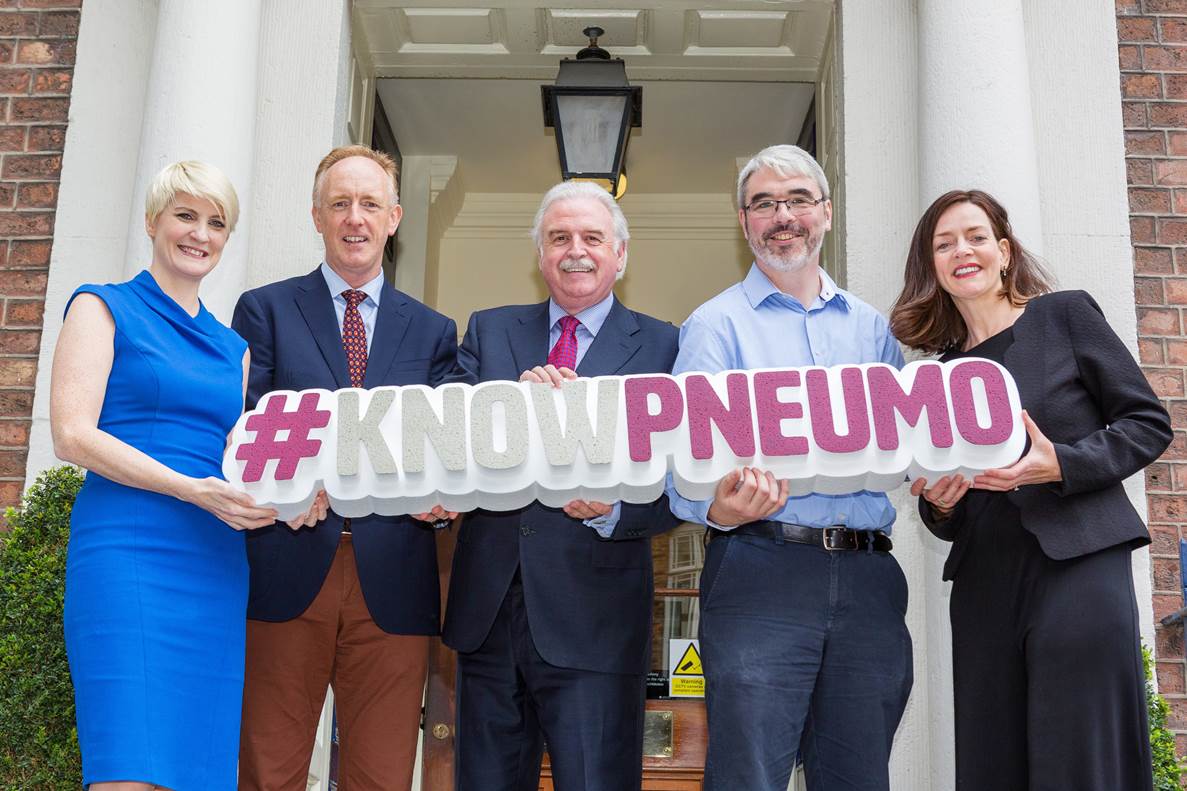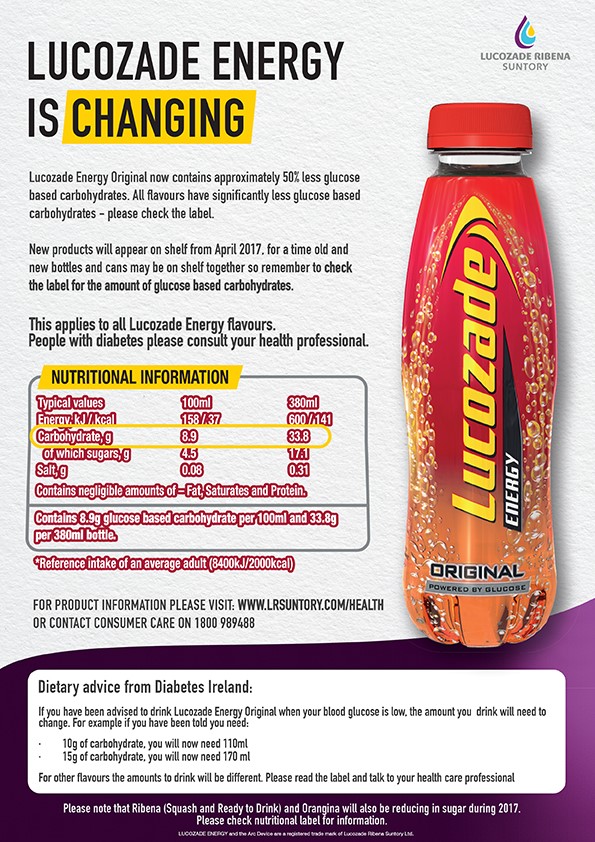TIPS FOR PEOPLE NEWLY DIAGNOSED WITH TYPE 2 DIABETES. Diabetes is a complex chronic condition and being told to take medication and watch your diet is not sufficient at all. I feel that’s it’s important that you, the person with diabetes, get the information you need to take charge of this journey and I’ve put together some suggestions for you as a place to start.
Diabetes on steroids
Back in October, I had a steroid injection in my hip. And yes, it drove my glucose levels bananas! For those of you who may not be aware of it, steroids are one of the medications that truly mess up glucose numbers for lots and lots of people. The ultimate craziness only lasted two to three days but the residual crazy lingered a couple of weeks.
Here’s a little of the backstory behind why I got a steroid injection.
I have been complaining about my right hip for some time and I finally did something about it in September 2016. I went to my GP. He referred me to my physiotherapist and we did some “process of elimination” exercises. They didn't work. So then I went for an MRI and was referred to a rheumatologist.
At least now, we think I know what is wrong with my hip! It would seem both my physiotherapist and my rheumatologist agree that I have bursitis. And my rheumatologist injected steroids to reduce the swelling. If you have diabetes and you have steroids that plays absolute havoc with blood glucose.
However, no one could tell me how many days, weeks, months the glucose madness would go on for and how severe it would be.
Here is my experience of what happened to my glucose levels.
Prior to my injection my diabetes management was going fairly well with just the usual ups and downs. I had the shot mid morning and my glucose levels didn’t feel the effect of the injection until after lunch. But after lunch my numbers remained in the high teens until the early hours of the next morning. On day two, I noticed that if I increase my mealtime insulin significantly more than usual it would keep them in check. However, if I forgot to make the increase then I struggled to bring my numbers back down for hours.
Then the effect of the steroid started to wane slowly over the next two weeks and I had the opposite problem: trying to keep my glucose levels above hypo level. I adjusted insulin doses slowly and only making one or two changes at a time to bring them back to my normal diabetes levels (?!?!).
I was grateful that not only was I aware that this would more than likely happen but that both my endocrinologist, rheumatologist and physiotherapist reminded me it would. I'm probably going to have another dose in January but now, at least, I have a good idea of what to expect.
The Flu Vaccine what to do?
 Every year, around this time, I have a conversation with myself about whether or not I should get the flu vaccine. And every year I make a different decision. Two signs of insanity right there; talking to myself and complete indecision. Whose worried? Not me! Oops, there I go again, talking to myself. 😆
Every year, around this time, I have a conversation with myself about whether or not I should get the flu vaccine. And every year I make a different decision. Two signs of insanity right there; talking to myself and complete indecision. Whose worried? Not me! Oops, there I go again, talking to myself. 😆
Should everyone with diabetes get the flu vaccines? Well that is completely totally up to you.
So far, I've only gotten it once and that was the winter I was pregnant with my now 13 year old daughter. Since then, I maintained that if it's not broke don't fix it and I never get flu so I didn't bother.
Except last year, I had clocked up one or two flus that knocked me out for a week at a time, I decided that I was going to get it. However, when I went to my GP, I already had a cold and decided to wait but then never got around to it. I'm not sick very often so I figure the odds are still on my side. I do know as I approach 65 I will decide that I'm better off vaccinated.
This year I'm still undecided but maybe swaying towards the “I will” side.
If you are like me and still thinking will I, won't I, here's some additional information for about it
IS THE FLU VACCINE FREE FOR PEOPLE WITH DIABETES?
“Yes” and “No” because nothing is ever straight forward in our health system.
Yes, the flu vaccine itself is free to everyone in the “At Risk” groups which includes people with diabetes.
No, because if you do not have a medical card, a GP services card or a HAA card, you will have to pay for someone to jab it in.
A lot of pharmacy chains offer the flu vaccine so you do have the option to walk into one of those and have it done there and then without making an appointment. Next time you are collecting your diabetes supplies you can ask.
Pneumococcal Vaccine

It's also worth mentioning that the HSE have also launched a Pneumococcal Vaccine campaign which shouldn't be confused with the Flu vaccine. I would like to thank our guest speaker, Paul, from our last diabetes support group meeting for clarifying this information for us. WHAT IS THE Pneumococcal Vaccine?
“Pneumococcal disease is an umbrella term for a range of illnesses caused by a type of bacteria called Streptococcus pneumoniae (also known as the pneumo bug). It is a major cause of serious infection that can lead to death, particularly amongst the elderly, the very young, those who have an absent or non-functioning spleen, those with long term medical conditions*, or those with weakened immunity.” SOURCE
However, the pneumococcal vaccination is USUALLY A SINGLE VACCINATION (ie once in your lifetime dose) for those at-risk. The most at risk group are children under age 2 years and adults over 65. Once you get it once you should be protected for the rest of your life. There are exceptions to this guideline so if you would like to know more ask your GP or visit http://pneumo.ie/
Social Media & Information Blindness
I'm beginning to feel like I am becoming blind to information if it's not being blasted at me on social media. If it's not a flashy click bait image. And I think it's making my brain die slowly.

Last week, my husband told me, (and I heard him tell me!!!, not the nod and yes response), that our broccoli in the garden was ready for picking and we shouldn't buy any for a number of weeks. Shortly after being told this, like an hour, I was doing the shopping and saw that broccoli was half price. What a bargain, I thought and bought it. What happened to my brain? Where did that piece of information go??
Is it that I'm so used to having instant information and that information is so easy to retrieve at any time on any device that my brain has forgotten how to retain information?
Ireland in the 80's it was so easy to inform people and be informed. We only had two tv channels (rural Ireland that is - No Sky channel for us), two national radio stations and maybe one weekly local newspaper, we did have a couple of daily national broadsheets too. this meant was it was extremely difficult to be unaware of anything newsworthy and if you needed to get a public information message to the people the telly and radio were both sure things.
These days though it’s extremely difficult to reach out to people with information. Unless, of course, you spend a large fortune in advertising and then there are still people who are unreachable.
When something changes in the diabetes health service how do we let people know?
In the last few years there have been at least three major changes that affect people with diabetes in Ireland. This is just off the top of my head.
- In 2014, the HSE rule which prevented people with diabetes from holding both a medical card and a Long Term Illness book was changed to allow it. This meant that thousands of people with diabetes had to be informed that they now needed to apply for the LTI and should not be paying a prescription charge for the diabetes supplies and medications. I’m still coming across people in the diabetes online community who haven’t been informed of this!!!
- In April 2016, Restrictions were placed on blood glucose meter test strips for people who do NOT use insulin. See here.
- Most recently, April 2017, the change in the sugar content of Lucozade in both UK and Ireland. Every diabetes organisation and group carried this news and it even made it into mainstream media in both countries. There were posters in diabetes clinics (however, we are all looking down at our phones) all over the country. And there are still people who have not received this information, even though they are actively engaging in social media for their diabetes information. There are also people living in this world who even if you put the information right under their noses they still won't see it. And given my broccoli evidence above this could be me!?! Aaaahhh!

This makes me hugely worried for the all of those people with diabetes who do not engage online for diabetes information. We tend to forget that a very large portion of the diabetes community is not engaged online at all. We can't rely on the diabetes medical teams to reach every single person who attends their clinics with new information - it's just not feasible or even possible. Someone will always slip through.
I think this is why offline diabetes peer support can play a huge role. We can help make sure noone falls through!
Diabetes Blog Week - Day 4 What brings me down
This week is the 8th Annual Diabetes Blog Week and my second year participating. Diabetes Blog Week was started by and is still instigated by fellow type 1 Karen Graffeo in Connecticut who blogs at Bitter~Sweet Diabetes. This week is as a way for Diabetes bloggers (well over 100 participants from ALL OVER the World each year!) to share a huge variety of perspectives on issues relating to our illness. Learn more about Diabetes Blog Week here. #DBlogWeek
Diabetes Blog Week – Day 4 - What Brings Me Down
Today let’s revisit a prompt from 2014 - May is Mental Health Month so now seems like a great time to explore the emotional side of living with, or caring for someone with, diabetes. What things can make dealing with diabetes an emotional issue for you and / or your loved one, and how do you cope? (Thanks again to Scott for this 2014 topic.) I seem to be in a good place with my diabetes management at the moment, as I’m blogging less about my own diabetes experiences and more about what is going on in my wider diabetes bubble.
So my “What Brings me Down” blog post is more about all the things that are frustrating, overwhelming and make me want to cry in the world of diabetes advocacy.
However, there is one area that does bring me down recently. Several nights, not in a row, of CGM alarms disrupting my sleep are bring me down. Is it just a phase or is it a new trend? Being overwhelmed with the night time alarms not being consistent so I can’t use the information to make changes is bringing me down.
Oh and the thoughts of doing basal rate checks is bring me down too. I’ve no problem doing, no, I’ll correct that to, I have the least resistance in doing basal rate checks at night. Go figure that one!
My anxiety levels elevate a bit when I consider doing basal rate checks during the day because I’m always running around and I “chauffeur” during the day (school dropoffs and pickups). So, and please don’t be horrified by this, but in my 7 years on an insulin pump I have not done basal rate test in daylight. But since I learned more about Sugar Surfing last weekend I have a renewed ambition to tackle this.
What seriously brings me down is trying to explain what living with diabetes is like for me and not receiving compassion or understanding. Being met with the challenge of lack of knowledge and being met with a lack of empathy because the tabloid media and some health care professionals continue to reinforce the myth that diabetes is a self-indulgent condition and therefore deserved.
What brings me down is trying to fundraise for anything related to diabetes, especially to improve diabetes health care services in Ireland, in a world that doesn’t seem understand or want to understand why we need those things. What brings me down is how heavily we rely on our own community to fundraise when we are such a small one.
What brings me down is hearing that a new, much needed, health care professional has (finally) been appointing in a diabetes clinic only to find out that a vacancy or funding is pulled from another clinic in another part of the country. Case and point here;
“– In Waterford, the vacant Consultant post there was advertised last year and we have to wait over 6 months for interviews to be held and possibly up to a further year for the post to be filled.
– Following the transfer of a Consultant from Sligo Hospital to Limerick University Hospital, nothing is being done to date to recruit a replacement in Sligo.
– In Galway University Hospital, we are waiting for interviews to take place for the vacant Consultant post there which was recently re-advertised following the withdrawal of a successful candidate who was returning from abroad and who had accepted the post in 2015 and was due to start in 2017.” Source Diabetes Ireland
What brings me down is the fact that our health service published a standard of care document for children with type 1 diabetes in December 2015 and have absolutely no progress or indication that it will be implemented any time soon.
And finally, what brings me down is the fact that there is NO standard of care document for adults with type 1 diabetes and even if the health service ever gets around to publishing the delayed since June 2016 document for us, I feel like it will never, ever be implemented and I am on my own to advocate for myself.
It’s the never-ending-ness of the work needed in the diabetes advocacy world and the constant two steps forward, one step back and sometimes two steps back, that brings me down the most.
But I suppose it keeps me distracted from my own type 1 diabetes getting me down. :-S
Volunteering helped me find my Vocation
May 15 to 21 is National Volunteering Week. The focus of this year's campaign is to showcase the benefits that volunteering can have on a person's health and wellbeing. Volunteers often say that while people think that volunteers are helping them, it's often them who help the volunteers.I’ve been volunteering for 10 years! And the most important thing I have learned from volunteering is that it’s more than just the reward for doing good; the benefits, for me have been tenfold.
Volunteering has enabled me to create a local diabetes support community when I desperately needed it, it has helped me become an empowered person with diabetes and fostered a diabetes advocate. This has lead to numerous volunteering opportunities which allowed me to grow and develop as a person. And ultimately find my calling! But I could not have done any of that without the help of training from my local volunteer centre in Clare (Dolores & Sharon) and Diabetes Ireland.
A LITTLE BACKGROUND I was diagnosed with Type 1 diabetes when I was 20 years old. It’s a lifelong chronic condition where the food I eat does not become nourishment for my body. If I did not take insulin through my insulin pump I would die of malnutrition.
Type 1 diabetes didn’t stop me from doing anything in my life but, until I met my husband, living with diabetes was very lonely and I felt very isolated.
Living with type 1 diabetes requires a great deal of concentration and mental energy. It’s not just about taking insulin and healthy eating. It requires calculating the amount of that medication based on what my blood sugar is at that point, how much carbohydrate (yes, I weigh carbs) I am about to eat and how physically active I’m likely to be in the next 4 to 6 hours and more. It’s a lot of work.
In 2007, I had moved back to Ireland after a four year stint living in the US. I was thirty, a stay at home parent with two very small children and didn’t know very many people in my new town in my old country.
I was receiving support from my medical team but it just wasn’t enough for me. I needed to hear that “me too” response from peers.
Fostered the Peer Support Facilitator So with the help of the Clare branch of Diabetes Ireland we needed to get started Clare Diabetes Support and they have been growing from strength to strength for almost 10 years. We became a community that helped each other live with the daily challenges of living with diabetes through sharing our own experiences.
Enhanced the Graphic Designer In 2010, I came across the Australian Type 1 Diabetes Network’s version of the “Type 1 Diabetes Starter Kit; A Guide for Newly Diagnosed Adults” and I knew it was something that could be adapted easily for people with type 1 diabetes in Ireland. I approached Anna Clarke in Diabetes Ireland about it but the time and resources that would be involved they just didn’t have. So, when she told me to “Go for it!” I thought why not! I’m very proud of it and very grateful for Diabetes Ireland’s support. What I learned during the process of adapting this booklet what most of what I needed to organise a national type 1 diabetes conference called Thriveabetes.
During the time I was working on the Starter Kit, Diabetes Ireland decided to shorten their name from the Diabetes Federation of Ireland and they needed a new logo. As a graphic designer, they approached me to take on this task. I still have to remind myself wherever I see it that I helped do that. It’s kind of awesome!
Both of these volunteering opportunities earned me the 2012 Diabetes Ireland Volunteer of the Year Award.
Fostered the Blogger and Advocate I created my first blog post in May 2010 as a way to pass on the information I learned about local health services and as a way to connect with more people with diabetes. I tell people that I blogged from inside of a closet for many years because I didn’t have the confidence to say “I write a blog”. Until my volunteering lead me to receive a scholarship to attend an Advocacy MasterLab in Florida in July 2015. Yes! FLORIDA!!! And this was A-Mazing. I learned so much from this experience and six months later I came out of that closet and told people I actually write two blogs! The blogs have lead to me engaging more with social media and that in turn lead me to be nominated by Diabetes Ireland for the International Diabetes Federation’s Social Media Award for which I was shortlisted. http://www.idf.org/idf-europe-prizes
The IDF selected me as their representative to attend the Medtronic Community Exchange Event in Barcelona in November 2016. www.bloodsugartrampoline.com www.thriveabetes.ie
Fostered the Thriveabetes Founder & Event Organiser Thriveabetes: The Thrive with Type 1 Diabetes conference is probably what I spend most of my volunteer time on these days. This event uses every skill I have learned though all of those years of volunteering from financing to volunteer management.
Volunteering Make Us Stronger And there you have it! What started out as a cry for help over time became a “what can I do to help you.” I now spent all of my free time writing, connecting with my diabetes community (online and offline) and advocating for all the things we need for people with diabetes.
I have found something I am passionate about. I can’t wait to see where volunteering brings me next!







